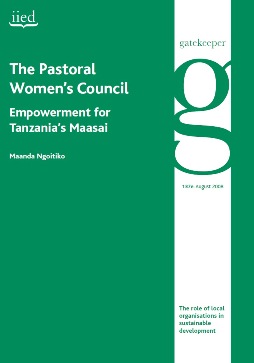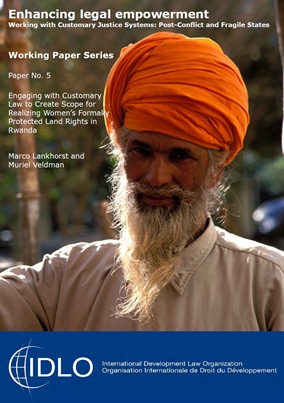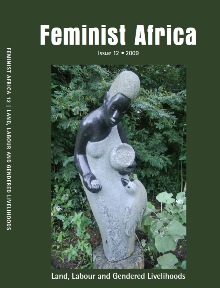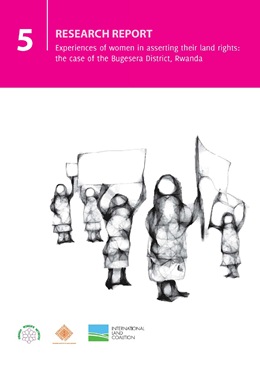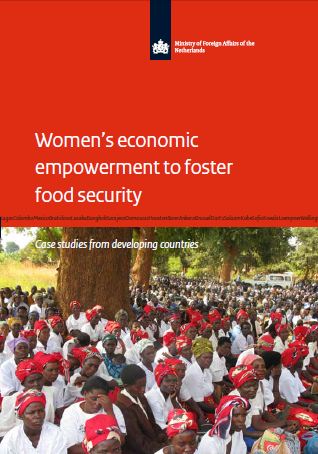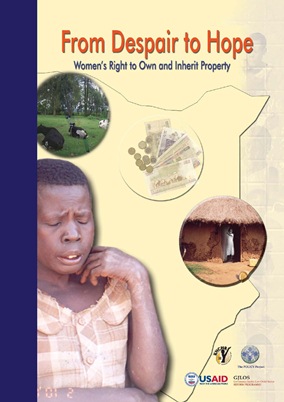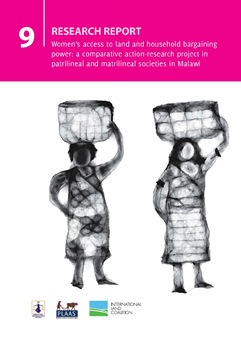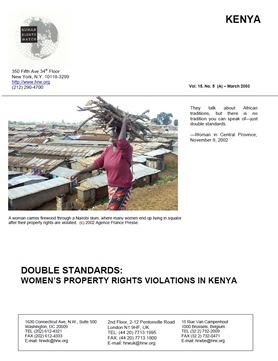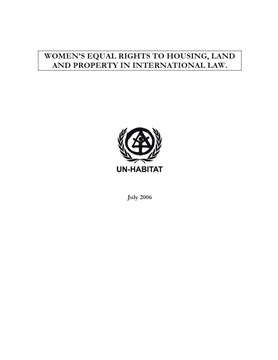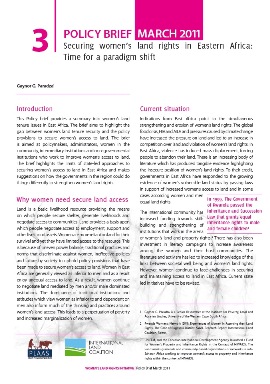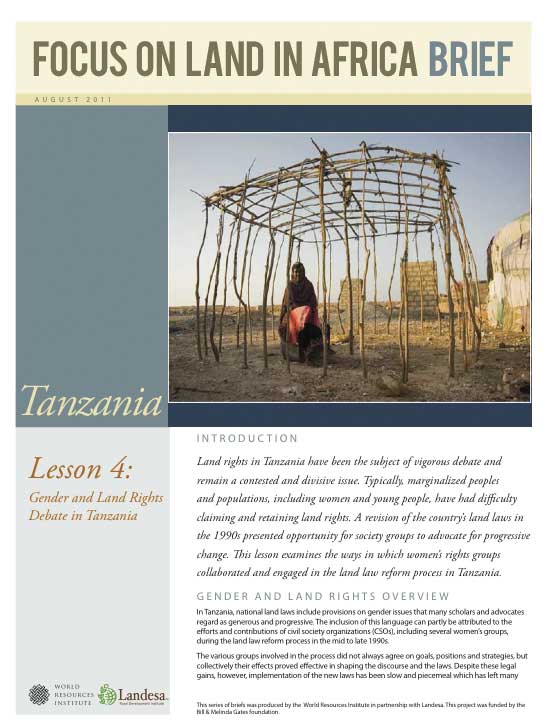The Pastoral Women’s Council: Empowerment for Tanzania’s Maasai
The Pastoral Women’s Council (PWC) is a community-based organisation established in 1997 in Tanzania. It was founded to promote the development of Maasai pastoralist women and children by facilitating their access to education, health, social services and economic empowerment. It seeks to address women’s marginalisation in patriarchal Maasai culture, as well as the poverty among the Maasai that has long been underpinned by land access restrictions for pastoralists, hunters and gatherers.

